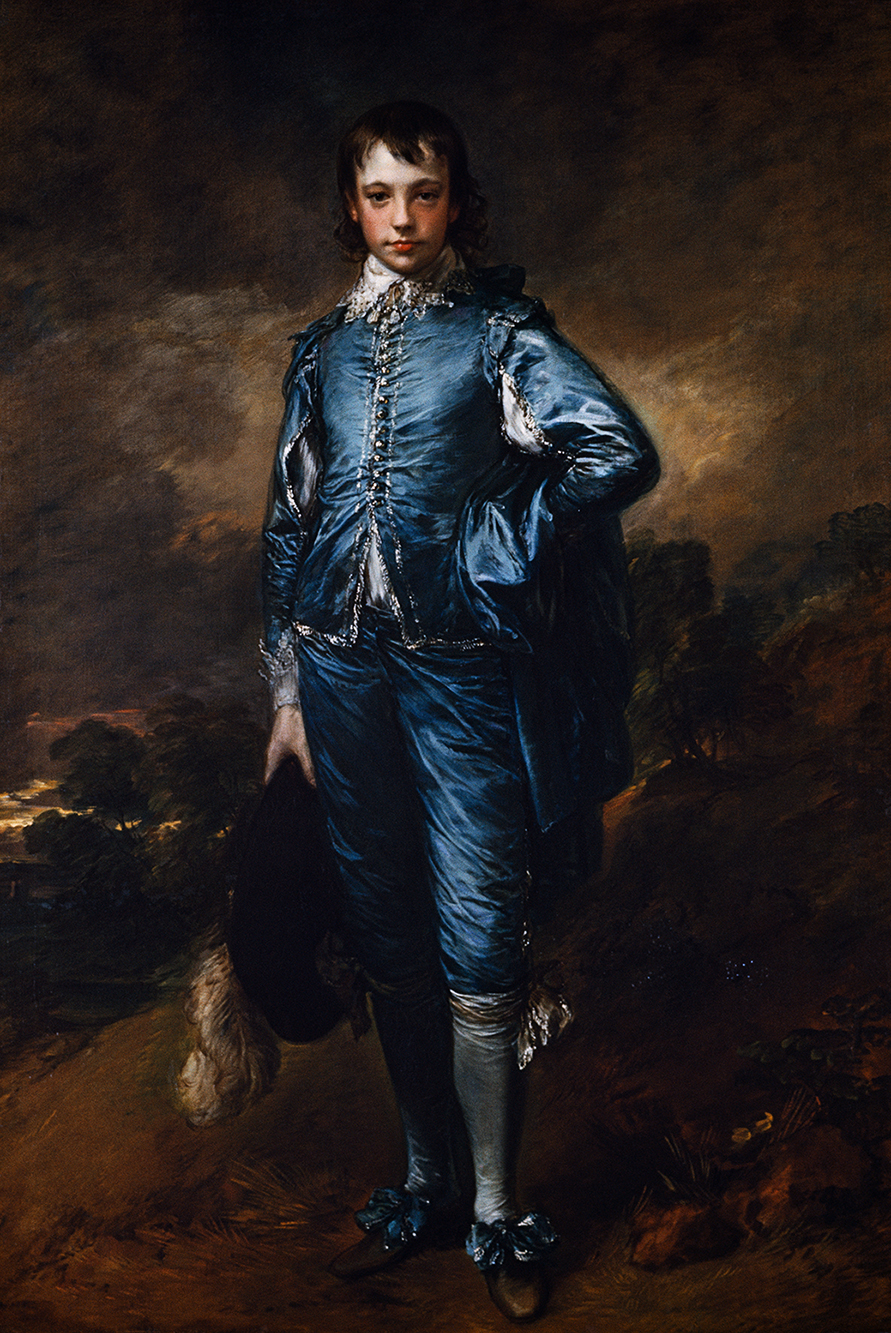Copyright newstatesman

It is a proposition from a George Bernard Shaw play. Take £180,000 from an affluent family. Give them back a gentleman. He will know his way around Twickenham, Wimbledon, and Lord’s; he will clamber onto horses and club balls around. No “quintessentially English” experience will elude him. Like most of the men in Tatler’s Little Black Book, he will be familiar with “colours, numbers, letters, stories, flavours and music”. He will speak in Received Pronunciation. His fine motor skills will be excellent. The task might take quite a while, because the subject in question is only a year old. There is some history here. An older brother is still around, perhaps locked in the family’s north London attic. He was their first experiment. They failed him after only thinking to begin a course of “bicultural” education at the age of five. It’s time to start even earlier, while their new arrival is still busy “experimenting with proto-language”. A nanny has already been engaged. This is a job for a tutor, one from a “socially appropriate background”, who is “culturally astute”, “well-travelled”, and “known for their warm yet composed presence”. With some hard work, the English gentleman will be ready for a “top-flight school.” This is a real-life job advertisement posted last week on the Times Educational Supplement’s jobs board. Some accuse the poster, an “elite private tutoring company” called Tutors International, of trolling, but representatives from the platform insist it’s real. Low-net-worth readers who picked up on the masses of press coverage and online discussion may have experienced a sense of déjà vu. Our class system is ancient and based on ancestral land ownership. Ill-advised efforts to flit in and out of it already decorate our national literature. There is all of Thackeray’s Vanity Fair. There’s Leo in The Go-Between, taken out suit shopping so he can pass as an aristocrat during the most confusing summer of his life; there’s Eliza Doolittle, forced to polish her vowels so she can impress at Ascot. None of the “top-flight schools” mentioned in the advert offer A-Level Sociology, the bedrock of the British state sector. The one-year-old in question might eventually learn to minimise his chances of a polo injury and to struggle through Caesar’s Gallic Wars in the original Latin, but he’ll have to neglect Pierre Bourdieu, the 20th-century French thinker who first articulated the idea of “cultural capital”. Bourdieu asked different sections of French society how they spent their free time. Those engaged in professional occupations were most likely to go to museums and the theatre, listen to classical music, and read a well-respected newspaper. “Heads of industry” were less interested; agricultural workers found themselves cut off from high culture altogether. Bourdieu claimed these high-capital pursuits were “symbolic goods”. They indicated wealth without actually demanding expenditure; enthusiasts were able to comfortably navigate life as part of France’s social elite. Schools valued these pursuits more than any other; the children of the elite got a head-start at school after receiving “imperceptible apprenticeships” from clued-in families. Part of Bourdieu’s theory of class reproduction is that you’re not meant to know it’s going on. In its perennial coverage of Labour’s tax on school fees, the Telegraph speaks exclusively on behalf of parents who believe they are simply “getting the best education for their children”. They mourn their own school days, when they built their characters and readied themselves for various high-flying careers. They’ve had to cut back on holidays, stop eating out, move to Dubai. One woman featured says paying for private school will take £400k out of her pension. “Parents face a choice between the quality of their child’s education and their retirement,” reads the strapline. (This, it should be explained, is how money works). None of the hard-pressed parents profiled for these articles attempts to explain what a “quality education” actually consists of. Philosophers have wrangled with the question for millennia. If grades were the point, our upper class would send their children to Singapore or South Korea for academic hothousing; if critical thinking was the point, we’d likely see the wealthiest in the country return to the days of “aristocratic tutoring”, when underemployed intellectuals were hired to discuss science and philosophy with their very young charges. Britain’s elites are investing in their children’s cultural capital. They’ve been doing so for hundreds of years. Our public schools are successful because this class disambiguation is a major part of their value proposition. Parents pay tens of thousands a year to help their progeny assimilate into the upper stratum of an inherently unjust system. They are not supposed to admit that this is what they are doing; the schools try hard to hide it under the veil of citizenship, or well-roundedness, or belonging. If Eton, Harrow, Westminster or St Paul’s advertised a “quintessentially English environment” on their official websites, they would provoke outrage. Eton’s headmaster has dubbed himself “woke”; Harrow’s online blurb brags of its “diverse pupil body”. But the Tutors International ad shows us why the market is really there. A family wants to pay £180,000 a year to immerse a baby in “British culture, values and subtleties”; to shape him, Henry Higgins-style, into an “English gentleman”. They want a highly perceptible version of an imperceptible apprenticeship; a bucketload of Bourdieu’s “symbolic goods” in exchange for cold, hard cash. The cultural markers of British high society only seem silly when they’re written out in an advertisement for a tutor for a baby. One day the baby will grow up and go to Eton or Harrow; his classmates’ parents will cough up the fees because they know their children will also do well as English gentlemen. They will gain a familiarity with Received Pronunciation and the rules of cricket, and “become very comfortable in museums.” Our elites, as always, are onto something. These silent apprenticeships really will help their progeny get jobs, close deals, and make contacts in the stubborn high-flying enclaves of London and Hong Kong and Dubai. The rest of us will have to live like the protagonist of The Go-Between, perpetually confused about the strange customs and machinations and complaints of an elite that will never really be in reach. The past, as it turns out, is not a foreign country.



